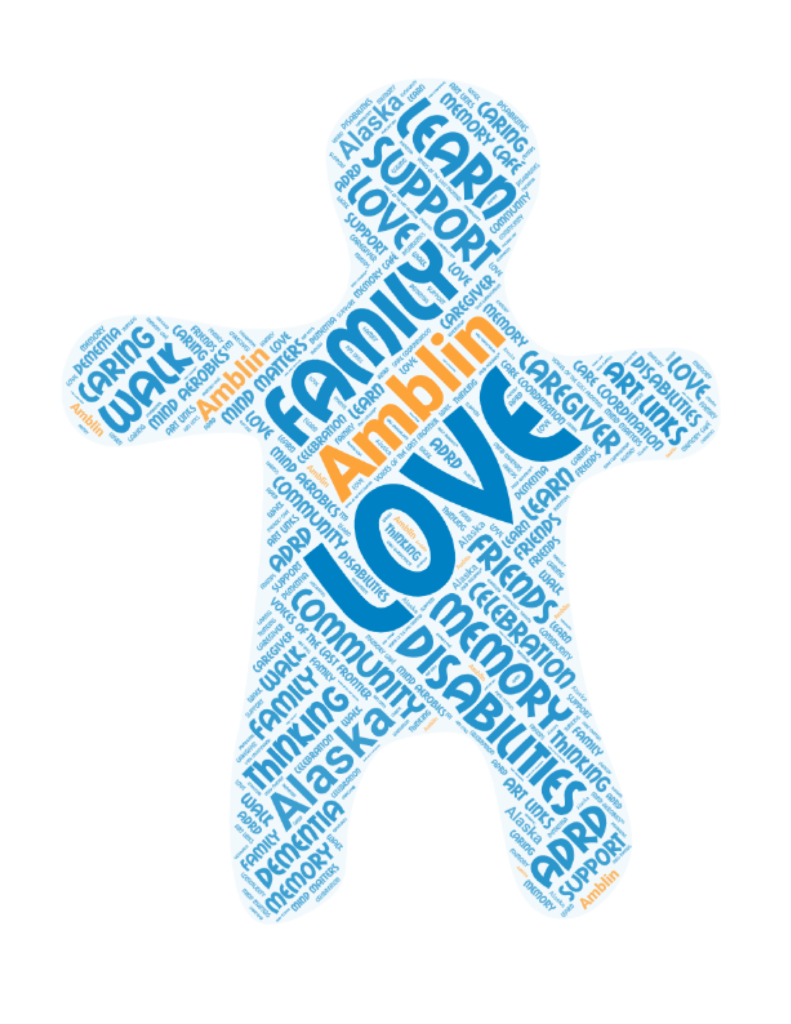Diagnosis
Early and careful evaluation is important because many conditions, including some that are treatable or reversible, can cause dementia. Potentially reversible conditions include depression, adverse drug reactions, metabolic changes and nutritional deficiencies.
While advances have been made in diagnostic testing for Alzheimer’s- including the identification of biomarkers, brain scans and spinal taps- there is still no single test that can diagnose Alzheimer’s disease with 100 percent accuracy other than an autopsy to examine brain tissue.
Documenting symptoms over time will help physicians understand the person’s illness. The physician may order additional tests as needed including: computerized topography (CT Scan), electroencephalography (EEG), formal psychiatric assessment, and/or neuropsychological testing. You will often hear that an Alzheimer’s diagnosis is made after a physician “rules out” other problems.
A diagnosis of “probable” Alzheimer’s disease is made after complete medical, neurological and psychological examinations rule out other possible causes of the person’s symptoms. Alzheimer’s diagnosis centers perform thorough evaluations to determine if a person suffers from symptoms of the disease.
There is no single test that can diagnose Alzheimer’s disease. However, trained physicians are 80-90% accurate. A full assessment can include:
• Medical and psychiatric history
• Neurological and physical exam
• Lab test to rule out anemia, vitamin deficiencies and other conditions
• An evaluation of the person’s ability to do common daily activities such as managing finances and medications
• A mental status exam to evaluate the person’s thinking and memory
• A caregiver interview
Currently, a definitive diagnosis of Alzheimer’s is possible only by examining brain tissue after death.
 Make a Payment
Make a Payment



